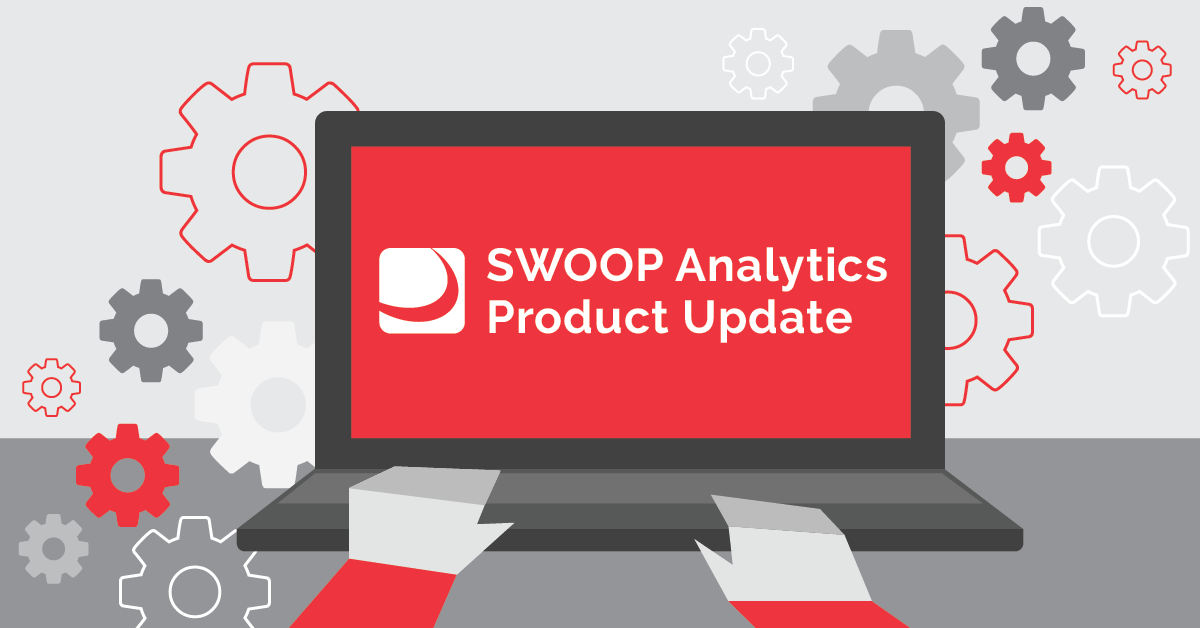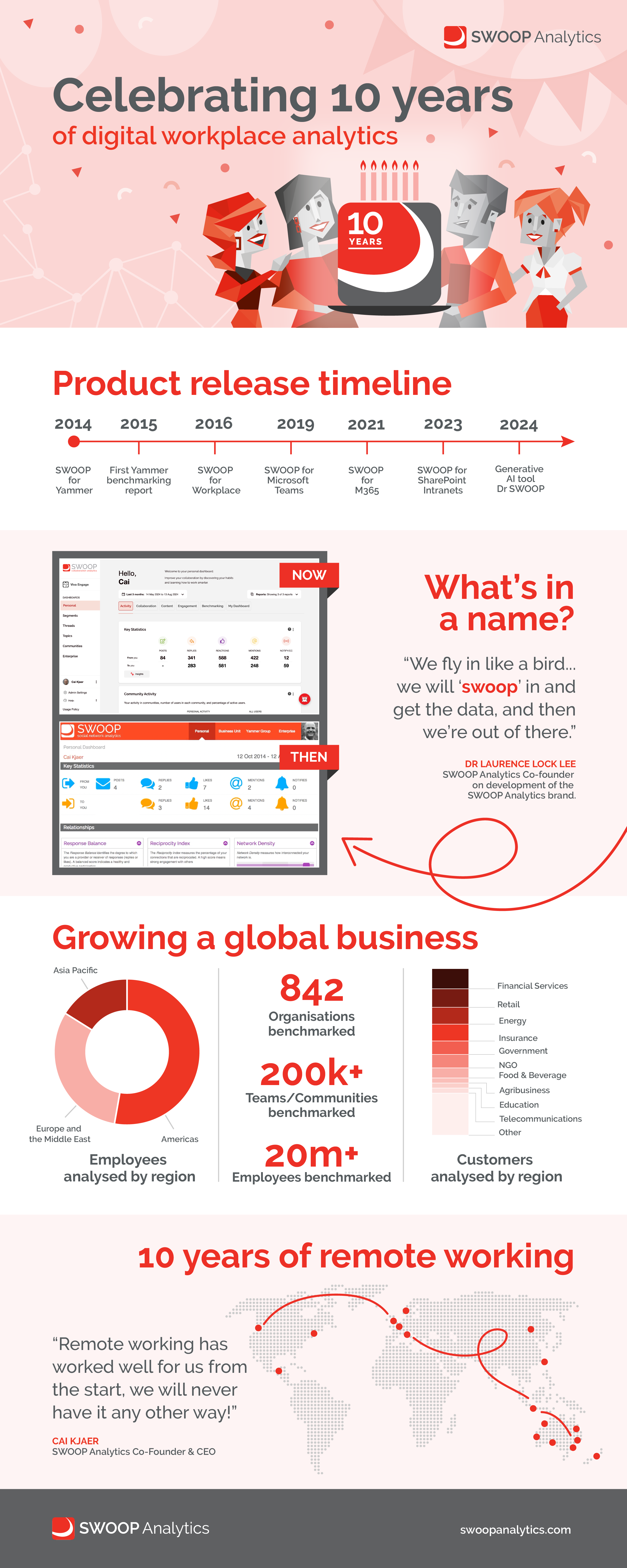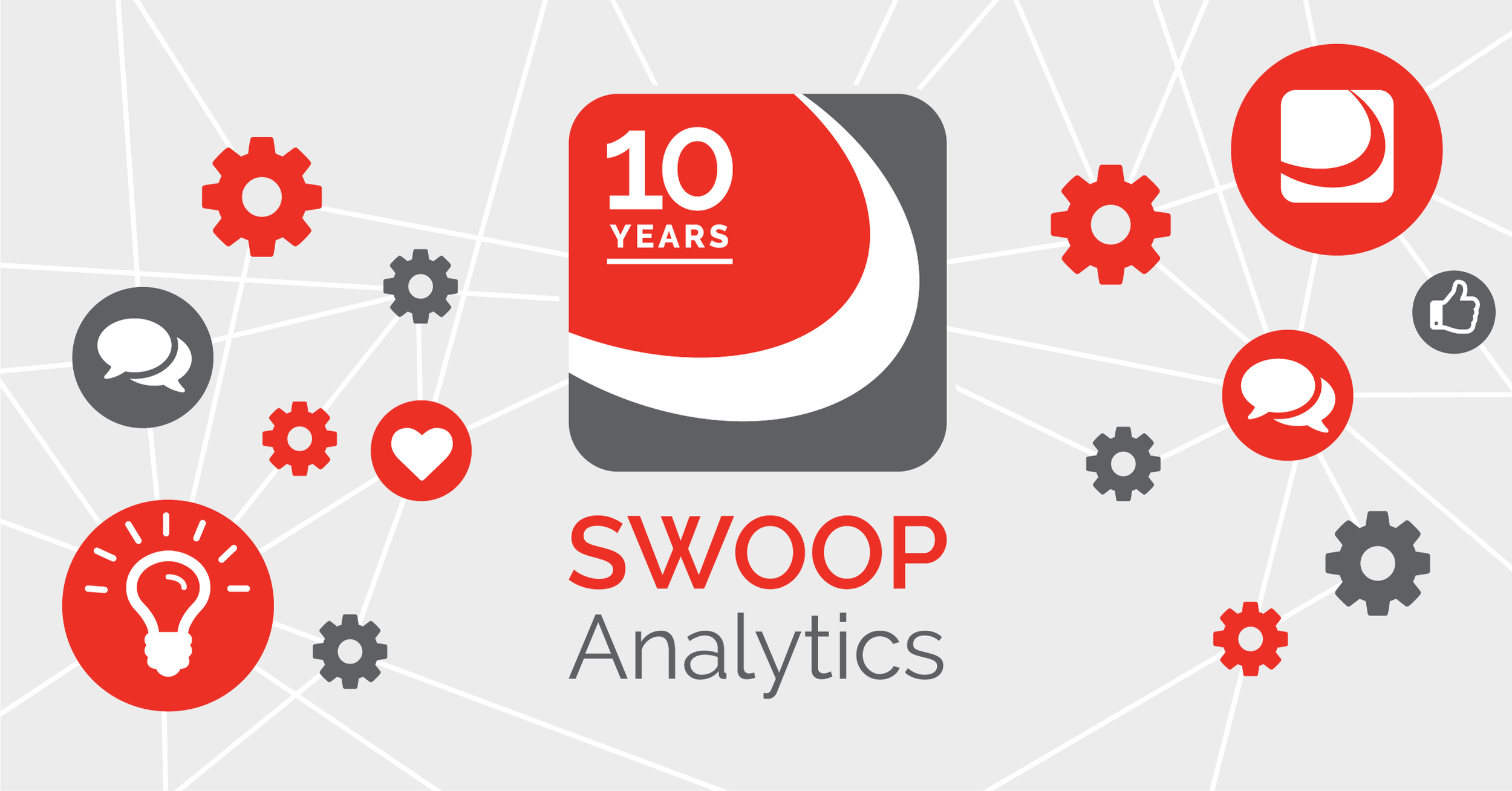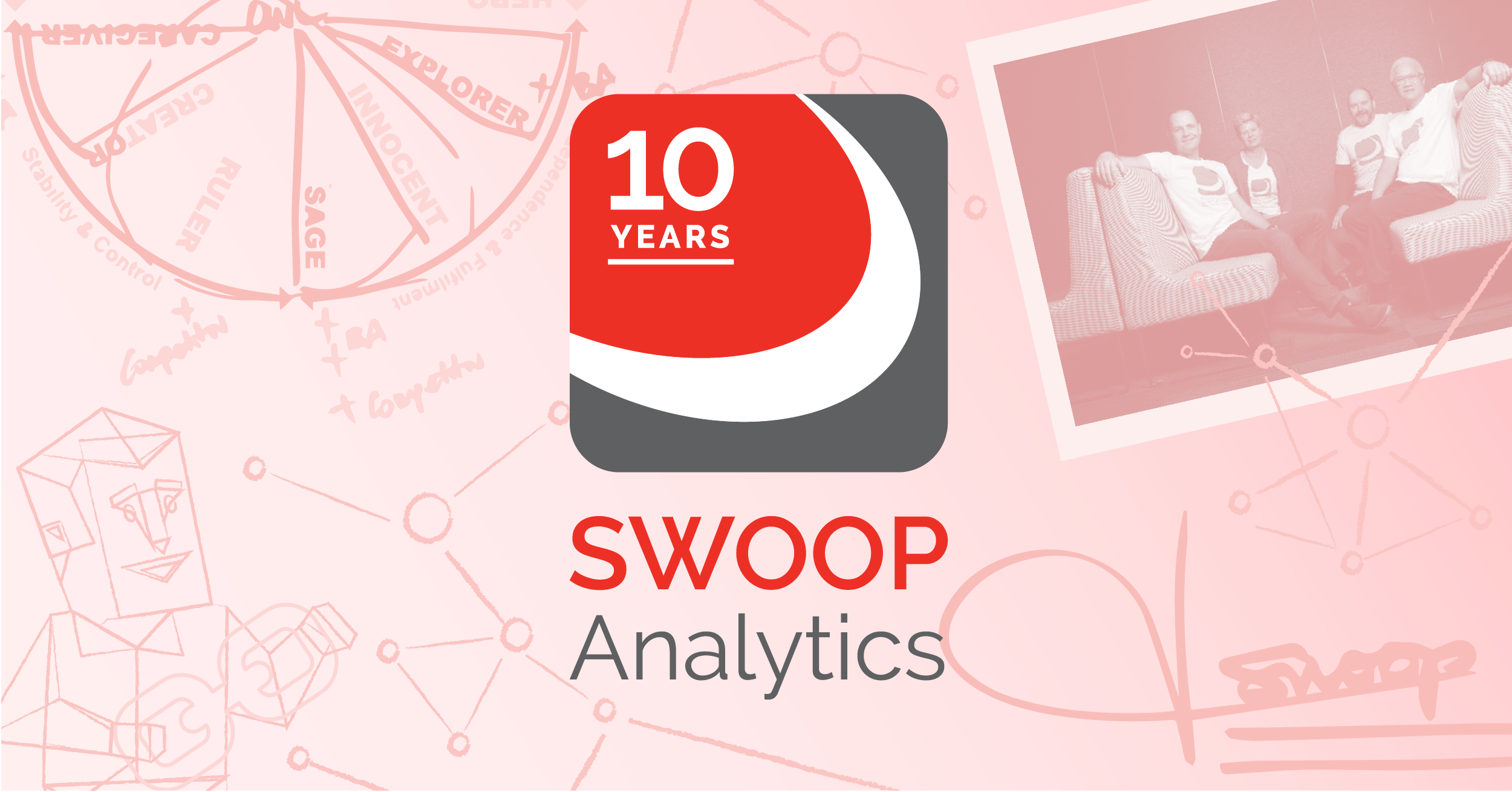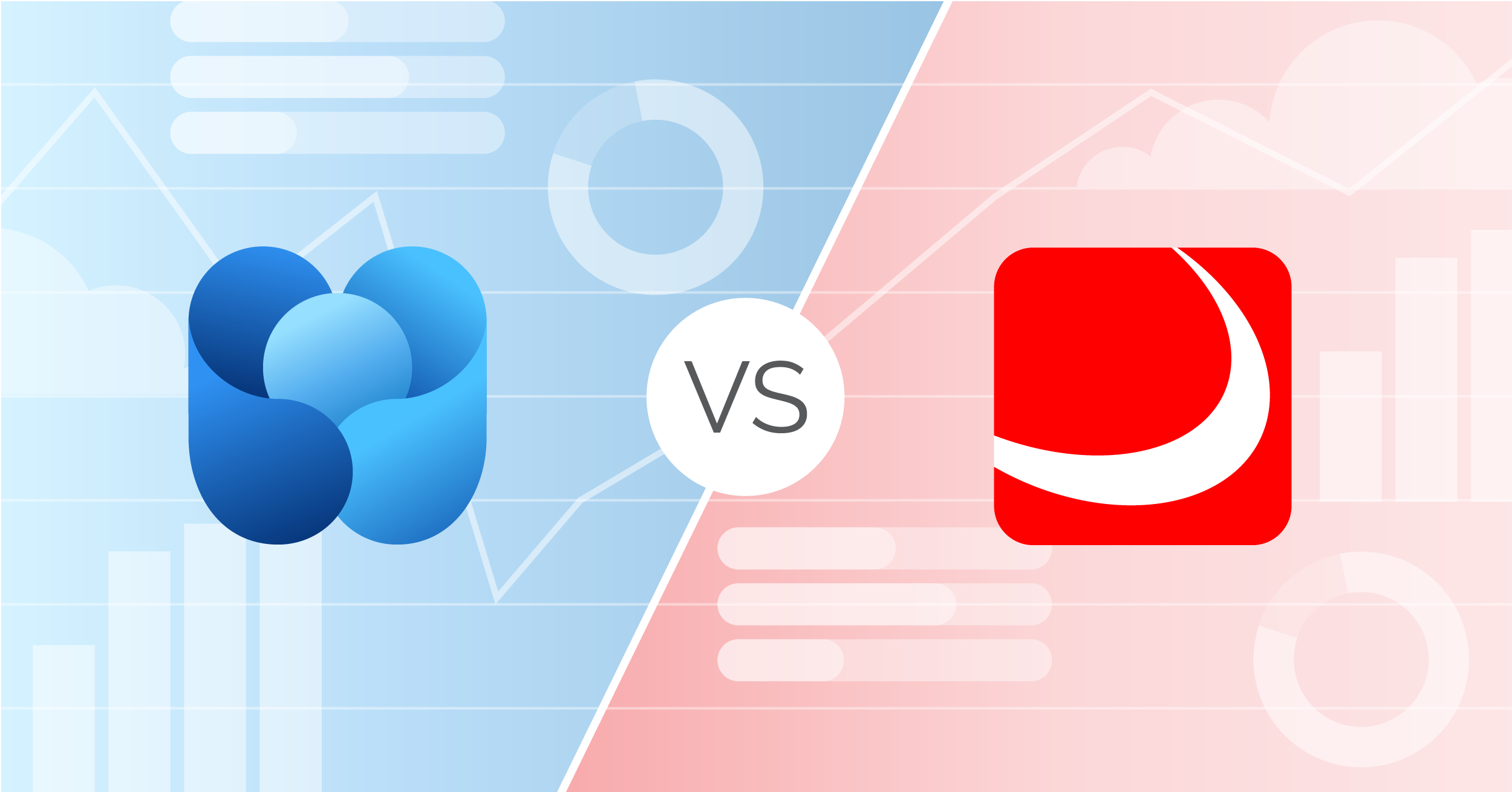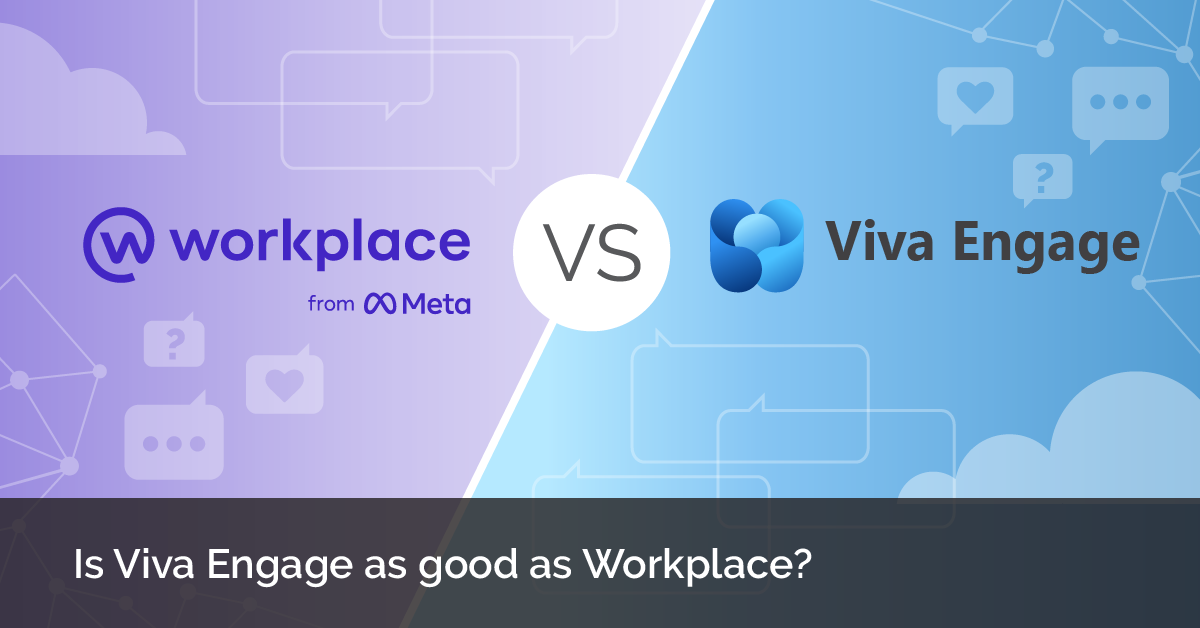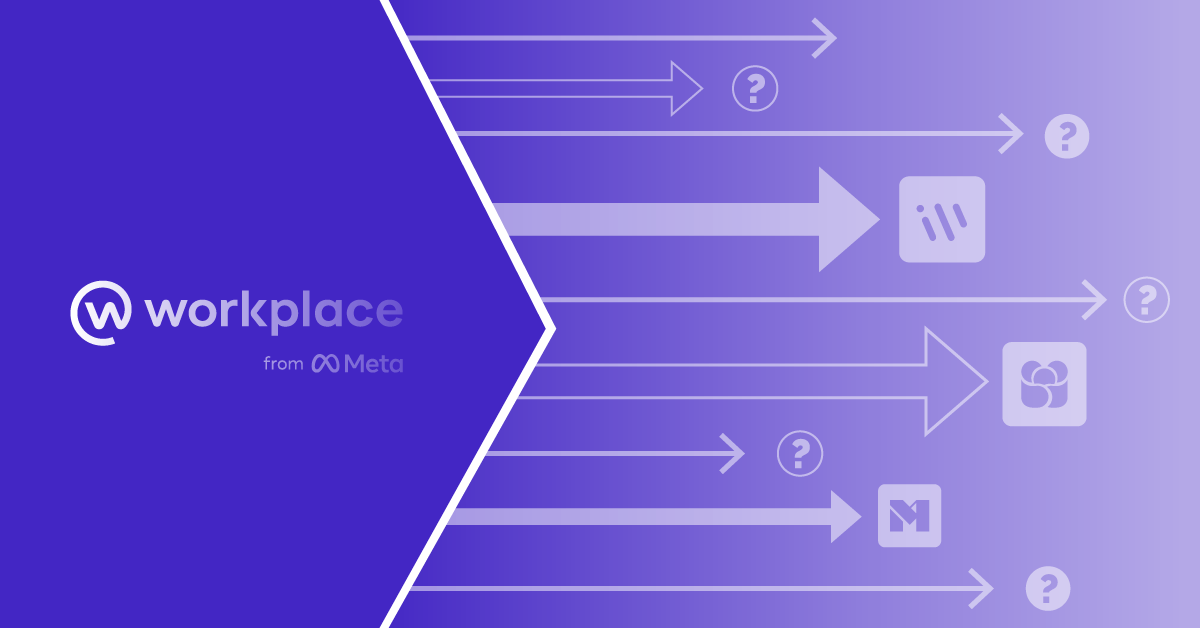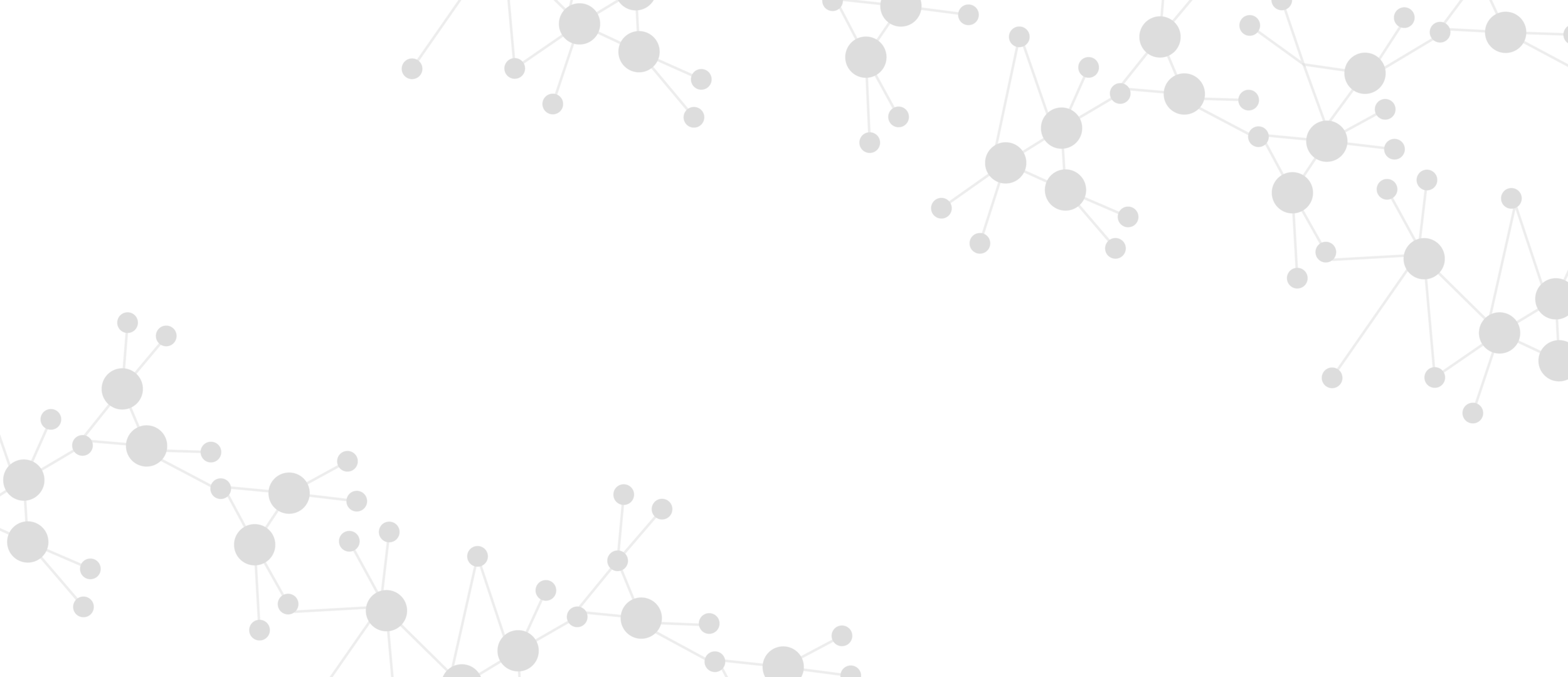
SWOOP Blog
Latest Articles
Blog Archive

Celebrating the ‘Quiet Achievers’ …. Quietly…
We are bombarded by media channels fronted by celebrity extroverts competing for our attention, to the point that we can become cynical in our search for genuine people. Sandra Cain’s Ted Talk on the “Power of Introverts” certainly struck a chord with the audience, which is essentially a call for the quiet achievers.

Roundabouts and Network Leadership
Mythbusters two hosts, Adam Savage and Jamie Hyneman, test the effectiveness of a traditional 4-way stop versus a roundabout. Having grown up with roundabouts I wasn’t particularly surprised to discover that roundabouts got almost 20% more cars through compared to the 4-way stop.

Did Yahoo's Marissa Mayer Really get it Wrong in Banning "Work from Home"?
Ordering Yahoo workers back to the office certainly gained its share of critics for Marissa Mayer when instituting this Yahoo policy some 18 months ago now. There are a couple of reasons for me to reflect on this at this point in time.

Social Physics: Oxymoron or Big 'Social' Data Tipping Point?
I’ve long been a fan of Sandy Pentland’s work at the MIT media lab. Pentland is perhaps best known for his ‘social tags’ used for monitoring individual human interactions to identify those interaction most associated with productive teams. When his new book “Social Physics: How Good Ideas Spread – Lessons from a New Science” coincided with the Easter holiday break, what better way to spend the break than to consume another Pentland tome?
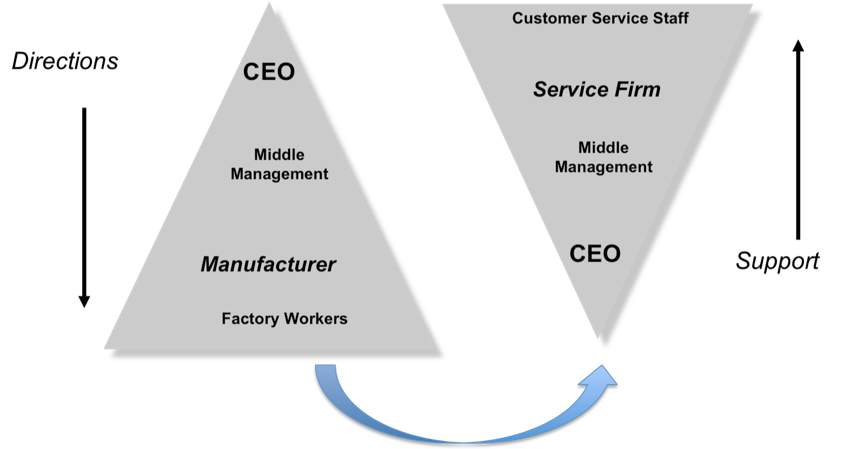
Leading from the Bottom
Essentially, Quinn’s argument was that the vast majority of jobs in the developed world (around 80%) are now service oriented and competitive advantage now comes from having ‘best in class’ competencies. His inverted hierarchy emphasises the need for line management to “support”, rather than “direct” front line staff in services organisations. Since its publication in the 1980s there has been a plethora of supporting voices from all quarters.

What’s in a Role? Another relic of the industrial age?
How should organisations manage their workforces in the post-industrial age? How should roles be described? More importantly, how does one assess whether a role is being performed adequately or not?

Relationship Mapping and Monitoring with Yammer
Yammer is a leading social networking platform for use inside organisations. Its recent acquisition by Microsoft is not only good for Yammer, but for the many Microsoft Enterprise clients who have been struggling to 'connect' via Sharepoint. What is most exciting for us is that the combination of Microsoft's Active Directory with Yammer's conversational platform now provides a real opportunity to implement the 'Real-time Social Business Dashboard' which will enable enterprises to move beyond their current process monitoring to see how people are really collaborating (or not) to meet organisational objectives

Are IQ and EQ past their ‘used by date' in Predicting Leadership Success?
Decades of leadership training and development have been focused on the intellectual (IQ) and emotional (EQ) attributes of the individual leader. Measurement schema have been developed in the form of IQ and EQ ‘intelligence’ measures as a means for identifying and developing potential leaders.

How Social Network Analysis (SNA) Combats the Tyranny of Top Down
We are prompted to write this post by Gary Hamel’s excellent exposition on “Leaders Everywhere”, together with some recent SNA work we have been conducting that speaks directly to the thesis around developing leaders at all levels of the organisation. This also builds on our previous paper 'Tyranny of Top Down'.

Gender Diversity – a Need for Some Radical New Thinking
The gender diversity movement has been generous in their support in promulgating the new trends and insights we have discovered that support a strong business case for greater diversity in mainstream business leadership. In our blog posts we have regularly argued for a ‘Social Capital’ solution to the clear gender imbalance on ASX and world wide, boards of management

Connectedness – The New Differentiator
What we need is the ability to take advantage of globalisation, without getting caught up in examining and analysing the huge sea of endless information, and variety of choice.
This is where ‘connectedness’ comes in. Given that it is impossible for us to read everything and speak to everyone, we need to be connected to people we trust to bring us relevant resources to our attention. The better these connections are, the better the result will be.

Are Board Turnover Rates Limiting Diversity Opportunities and Growth?
Let’s face it, sought after board positions on publicly listed companies are not advertised in the newspaper. Despite listed companies being “owned” by the shareholders, when you receive your invitation to attend the annual general meeting to vote for the re-election of existing directors or installation of a new director recommended by the chairperson, it is likely that you will accede to the chairperson to vote on your behalf


